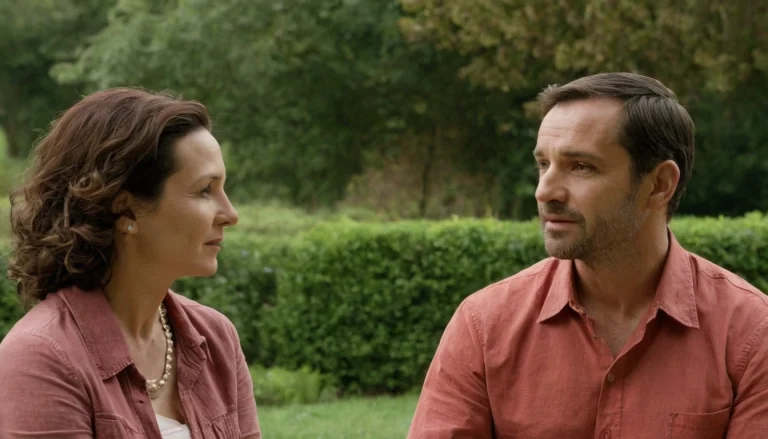Love and Career in Your 40s: Finding Fulfillment Without Compromise
By the time you reach your 40s, you likely have an established career, a strong sense of identity, and a clearer understanding of what you want in a relationship. However, this stage of life also brings unique challenges—balancing demanding work responsibilities with deepening personal commitments, possibly raising children, or even navigating love after divorce. The question is: Can you truly have it all? The answer depends on how well you integrate love and career without one overshadowing the other. Let’s explore strategies to achieve this balance with real-life examples.
The Changing Priorities of Your 40s
Unlike in your 20s and 30s, where ambition and relationship-building often feel like separate pursuits, your 40s tend to be about integration. You may already be in a long-term relationship, have children, or be reentering the dating scene after a divorce. Meanwhile, career demands are still high, but your perspective on work-life balance may have evolved.
Ask yourself:
- What does success mean to me at this stage in life?
- How do I want my relationship to evolve?
- What adjustments do I need to make to avoid burnout?
Being clear about these priorities helps in making intentional choices rather than feeling torn between work and love.
Real-Life Example: Prioritizing Quality Time
Michael, 45, is a senior executive at a tech firm. His career took off in his 30s, but by the time he reached his 40s, he realized his marriage was suffering. He and his wife, Sarah, barely spent time together outside of family responsibilities. To rekindle their connection, they made a rule: Friday nights were strictly for them—no work emails, no distractions, just quality time. Over time, this small change strengthened their bond without compromising his career.
Navigating Love After Divorce While Advancing in Your Career
For those reentering the dating world in their 40s, balancing a demanding job with new relationships can feel overwhelming. The key is setting realistic expectations and ensuring your personal life doesn’t take a backseat to work.
Example: Lisa, 42, a lawyer and mother of two, found dating difficult due to her packed schedule. Instead of giving up on love, she approached dating the same way she managed her career—strategically. She scheduled dates on her least stressful days and was upfront about her availability. Eventually, she met Tom, who respected her time constraints and shared a similar lifestyle. Their relationship thrived because they communicated openly about expectations.
When Your Partner’s Career Goals Shift
Career changes can happen at any age, and they often impact relationships. One partner may decide to switch industries, start a business, or take on a role that requires relocation. How a couple navigates these shifts determines the strength of their bond.
Example: David and Laura had been married for 15 years when Laura decided to leave her corporate job to start her own consulting firm. At first, David worried about financial stability, but instead of letting fear create distance, they treated the transition as a team effort. They set clear financial goals and adjusted their lifestyle accordingly. Supporting each other through career changes strengthened their marriage rather than causing tension.
Avoiding Burnout: Work Smarter, Not Harder
By your 40s, you’ve likely experienced burnout at some point. Balancing career and love means working efficiently so that neither area suffers.
- Delegate at Work and Home: Whether it’s hiring an assistant or sharing household responsibilities, don’t try to do everything alone.
- Learn to Say No: At this stage, you don’t need to prove yourself by taking on excessive work commitments.
- Prioritize Health: Regular exercise, sleep, and stress management improve both work performance and personal relationships.
Final Thoughts
Balancing love and career in your 40s is about making intentional choices. By setting boundaries, prioritizing quality time, and adapting to life’s changes together, it is possible to find fulfillment in both areas. What’s most important is recognizing that balance isn’t about perfection—it’s about making what matters most work for you. If you are interested in improving your relationships and building closer connections, you maybe be willing to read this article.







